Child Sexual Abuse
May 21, 2019 • 57 views
The World Health Organisation defines Child Sexual Abuse (CSA) as ““the involvement of a child in sexual activity that he or she does not fully comprehend, is unable to give informed consent to, or for which the child is not developmentally prepared and cannot give consent, or that violates the laws or social taboos of society…” CSA includes a wide group of activities like fondling, inviting a child to be touched or touch, intercourse, exhibitionism, involving a child in prostitution or pornography, or luring children by predators online.
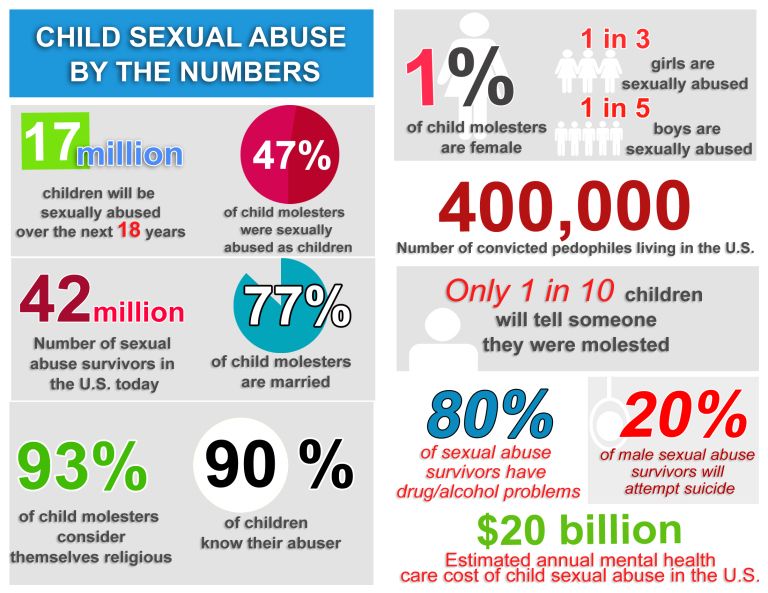
A large - scale study was conducted by the Ministry of Women and Children in about 12447 children, it was recorded that more than half of them (53%) of them reported some form of sexual abuse and over 20% of them reported severe sexual abuse.
In India, a child is sexually abused every 15 minutes, according to the government figures. Every 2nd child has faced some sort of sexual abuse and every 5th child faces the same in its critical form.
The Delhi High court had termed Child Sexual Abuse as an ‘epidemic’ and has also said that the parents and the courts dealing with such cases should an atmosphere for the victims so that they could be comfortable to reveal the horrific incident.
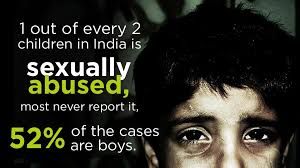
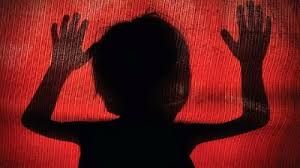
"Children who have suffered sexual abuse at the hands of the sexual perpetrators do not only suffer from physical pain but are also subjected to mental and emotional trauma. The results of child sex abuse are severe and far reaching," Justice P S Teji said. "Child sexual abuse is one of the most pervasive social problems faced by our society. Its impact is profound because of the sheer frequency with which it occurs and because of the trauma brought to the lives of the children who have experienced this crime. Child sexual abuse is an epidemic," He added.
Children do not understand what is happening to them. They do not have sex education and that inhibits them from understanding the situation and responding to it accordingly. They undergo not only severe physical trauma but also emotional and mental trauma. The stigma associated with CSA, increases the difficulty in accepting the situation and reporting it.
Most of the sexual perpetrators are usually, the people the child knows very well. The perpetrator is usually the parent, the teacher, a very close relative, or their caretakers.
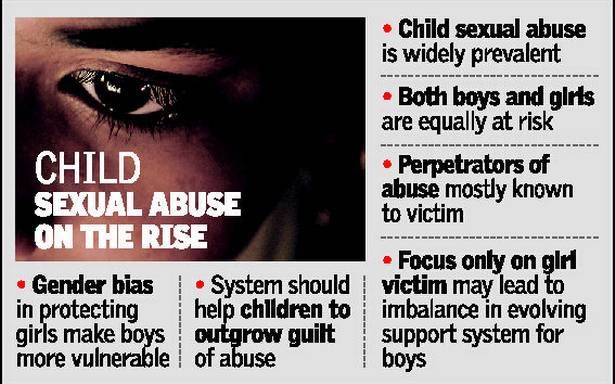
Half the cases do not get reported, and the ones who get reported, do not get justice fast enough. A six-year old was abducted and raped by a man on Holi, 2017, the police could not trace the accused for over 6 days. The child was dropped off by the accused from the place he picked her up, bleeding from her private parts. A study by the National Law School Bangalore, said that the low conviction rate is majorly due to the lack of evidence. The perpetrators do anything and everything, he/she can to cover the whole incident up. A 16-year old girl was raped and impregnated by a priest in a church. The Bishop and the nuns were accused of covering up the incident. The child, in the initial stages called out her parents for being responsible to the incident but after thorough investigation, the actual perpetrator was found out by the police.
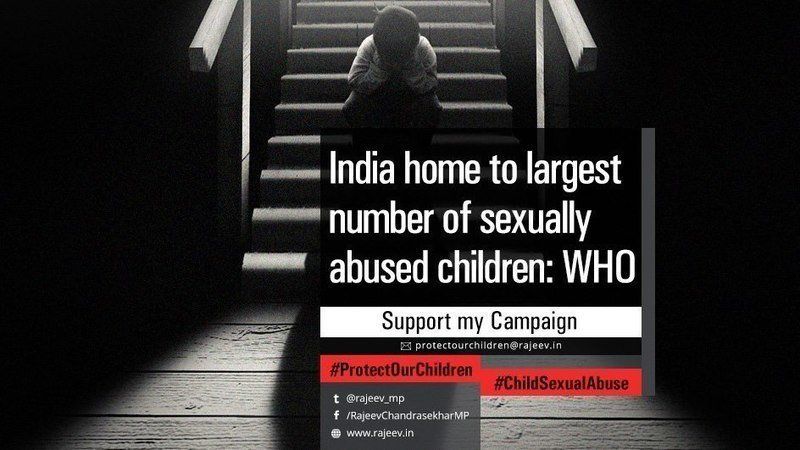
Tik Tok was recently banned by the Indian Government because it was said that Tik Tok became a platform were people started posting sexually explicit content related to children. There were multiple videos with explicit content that was freely accessible by children and there were a lot more videos in which children were involved in those explicit videos.
The #Metoo movement has been a wonderful platform for child sexual abuse survivors to express their accounts. The sheer number of anonymous testimonies, has made the Ministry of Women and Children Development to take a stricter action on CSA. The Ministry has said that there is no time limit in reporting a CSA case.
